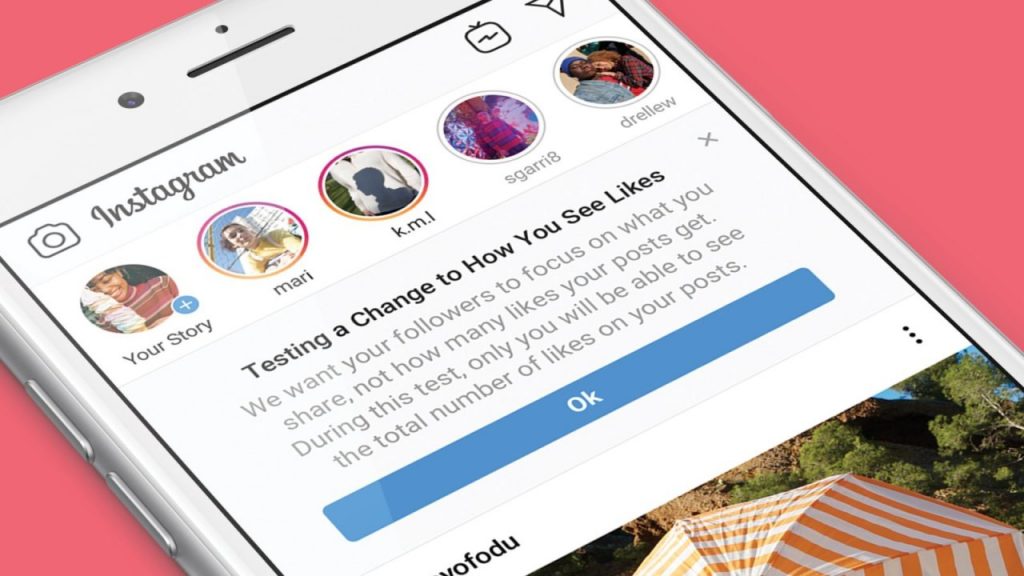In November of 2019, social media giant Instagram announced that it would begin an experiment involving “hiding” the number of likes users receive on their posts. For these test subjects in Australia, Brazil, Italy, the United States, and other countries, Instagram users were barred from seeing the total number of likes other users received, with the number being replaced instead by text that read “liked by [name of user] and others.” Users could, however, still look at their own like count. While this new feature is merely experimental, depending on the response of the text subjects, it could be implemented worldwide. If this change is made, the impact could be tremendous—affecting Instagram influencers and ordinary citizens alike.
“The struggle with initiating such a change is reconciling the wants of both ordinary people and public figures such as celebrities and entrepreneurs,” said Kendall Sadler, Communications teacher. “I understand both sides, but I do know that Instagram is a business platform that many people’s livelihoods depend on. And a lot of the success of these brands and people has to do with how many likes their account receives, so if this move is made, it may end up being very detrimental for these stakeholders.”
Some have lauded the move as an effort to eliminate many users’ obsession over likes. Many Instagram users view likes as a manifestation of online popularity, which in turn causes them to stress over what time and what photos to post in order to receive the maximum amount of likes. Thus the simple act of posting a photo on Instagram—which can be done with just a few clicks—has become an anxiety-inducing ritual. Reforming the current likes system to reflect these issues, then, can potentially alleviate the psychological duress experienced by these users. Individuals will no longer have to feel insecure about how others view their like count—regardless of how high or low it may be.
“I think this change could be positive because the like count on Instagram can be very toxic for its users,” said Annette Choi (12), AP Psychology student. “Many people experience fluctuations in their self-esteem based on the number of likes they receive on their posts, which can be very detrimental to one’s mental health. Even when people receive a lot of likes on their post and feels good about themselves, it is a bad thing. They feel a false sense of validation, even though getting a high number of likes does not actually mean anything significant.”
However, some subjects of the test run responded more negatively. Because users are still subject to viewing their own like count, some users still felt insecure due to the number of likes on their posts. While they were free from the stress of seeing how many likes other users received and comparing themselves with those users, they still felt disappointed or frustrated after not reaching their personal goals in likes. Furthermore, experts have pointed out that hiding likes does not get rid of Instagram’s fundamental problem: promotion of insecurity due to comparing oneself to other users. Scrolling through one’s Instagram feed can result in a huge decrease in self-esteem because one’s feed is often filled with photos of friends, family, and celebrities living seemingly more fun and exciting lives. This type of content would still cause people to feel self-conscious and insecure about their own lives, despite the elimination of the like count.
“Personally, I do not think hiding likes is an effective solution,” said Yunseo Kim (12), active Instagram user. “More so than the likes, I think it is the photos that induce insecurity among users. Seeing celebrities and influencers enjoying their lavish lifestyles makes people feel as though they are not living their lives to the fullest, and this is the main issue. If Instagram’s goal truly is to allow its users to live devoid of anxiety, they should be working to promote messages of self-love and positivity rather than change one, less significant feature on their application.”

